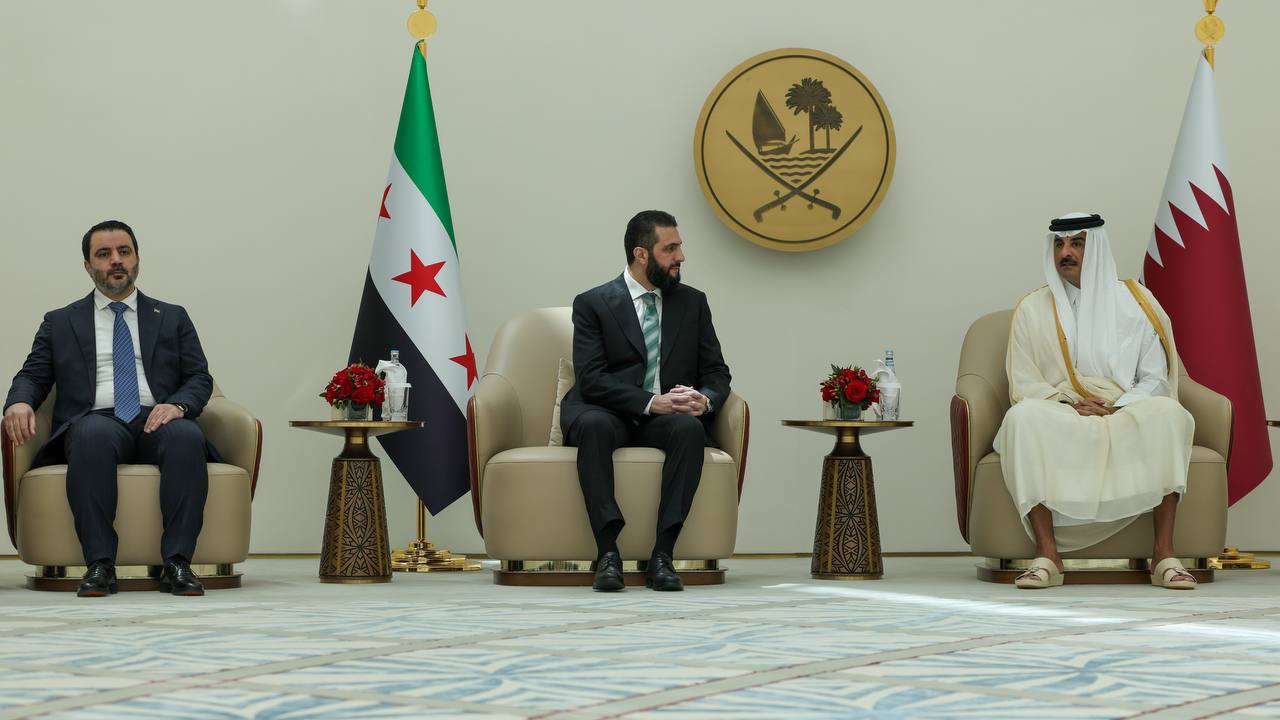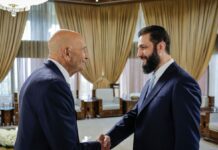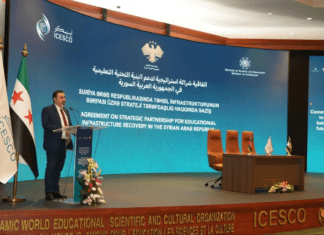
Diplomatic activity has intensified in recent weeks as regional and international players take steps to engage with Syria’s new leadership under President Ahmed al-Sharaa.
Turkish Foreign Minister Hakan Fidan announced President Erdogan’s planned visit to Syria, highlighting Ankara’s commitment to regional stability and Syrian sovereignty. Speaking at the Antalya Diplomatic Forum, Fidan criticized Israeli attacks on Syrian territory, while confirming preparations for a possible Erdogan-Trump summit.
Turkey’s ambassador to Syria, Burhan Koroglu, said Erdogan’s visit could happen soon and emphasized Ankara’s early move to reopen its embassy in Damascus. He noted that Turkey regularly coordinates with Russia on Syria and supports rebuilding Syrian state institutions based on mutual trust.
Gulf states are also reengaging. Kuwaiti Foreign Minister Abdullah al-Yahya described the situation in Syria as showing “positive developments,” reaffirming the Gulf Cooperation Council’s (GCC) support for Syrian sovereignty and a political solution based on U.N. resolutions. Al-Yahya led a Gulf delegation to Damascus in December and met with al-Sharaa, laying groundwork for future cooperation.
The GCC’s March summit in Mecca included Syria in key parts of its final statement, calling for national unity, institutional integration, and an end to foreign interference.
Meanwhile, Yemeni Foreign Minister Shaye al-Zindani announced efforts to reopen the Yemeni embassy in Damascus, which had been under Houthi control since 2014. Zindani confirmed coordination with Syrian Foreign Minister Asaad al-Shaibani, including plans to send a delegation later this month.
Palestinian President Mahmoud Abbas is expected to visit Damascus on Friday—his first since the fall of the previous regime. Earlier visits by Palestinian officials aimed to strengthen bilateral ties and support Palestinian refugees in Syria.
Iraqi Prime Minister Muhammad Shia al-Sudani invited President al-Sharaa to attend the Arab Summit in Baghdad on May 17. With the region facing heightened tensions, the summit is seen as a crucial platform for unified Arab dialogue.
Al-Sharaa has already participated in recent Arab League meetings, including a summit in Cairo where he called for collective Arab efforts to stop Israeli violations of Syrian territory. He described Syria’s return to the Arab League as a step toward Arab unity and defense of Palestinian rights.
European nations are also testing diplomatic waters. Swedish Chargé d’Affaires Jessica Svardström met with Syria’s Health Minister Dr. Musab Al-Ali to discuss medical aid, calling for creative ways to bypass sanctions. Similarly, Czech officials held talks with Syria’s Ministry of Energy to explore investment opportunities in energy and development.
Syria has also extended an olive branch to East Asia, notably strengthening ties with South Korea. During a recent visit, Syrian officials provided Foreign Minister Cho Tae-yul with exceptional hospitality with Foreign Minister Shaibani personally escorting the South Korean delegation. Syrian leadership expressed a strong desire to establish a long-term strategic partnership with the Asian nation.
As diplomatic channels reopen and high-level visits loom, the international community is slowly recalibrating its approach to Syria, now led by a figure who once waged war from the shadows and now seeks legitimacy on the world stage.








